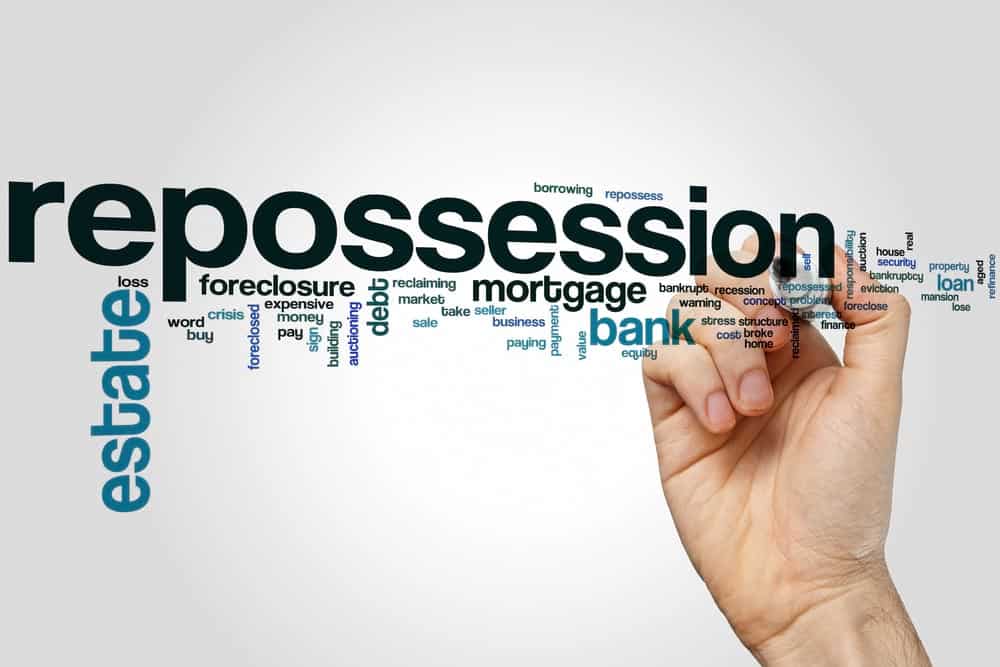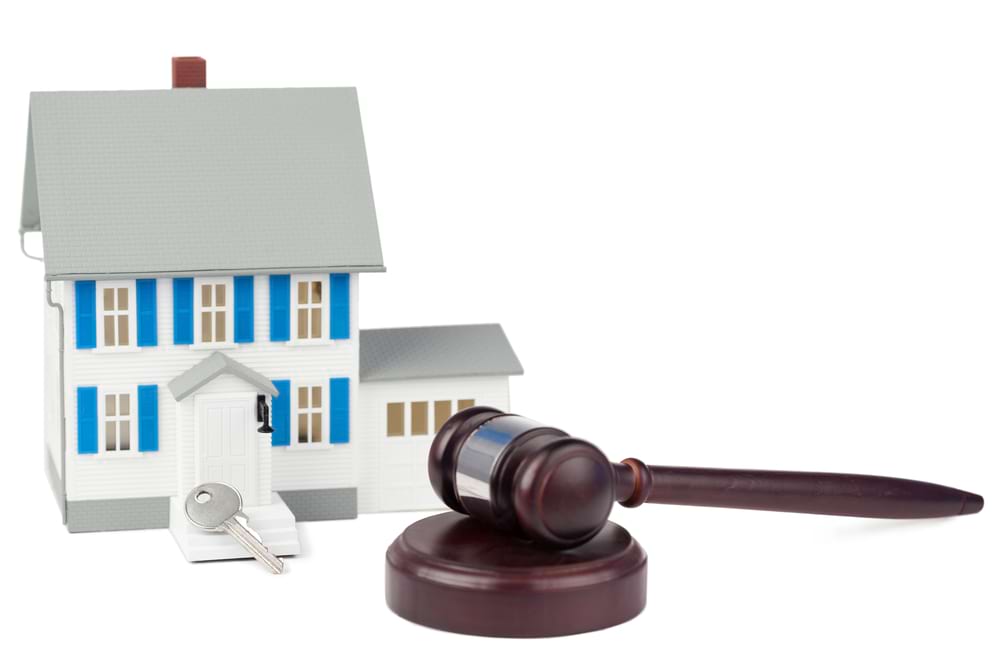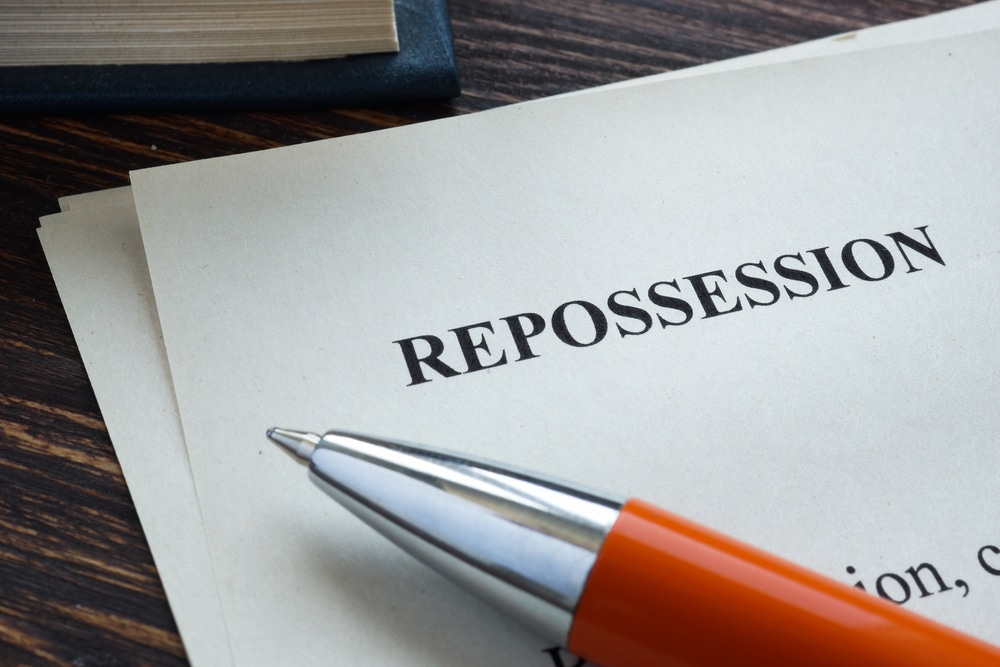The number one reason people’s homes are repossessed is due to mortgage arrears.
However, falling behind on rent or council tax can also be considered as debt against property.
Read on to learn more.
Contact your mortgage lender
Your mortgage lender is not out to get you, even if you are in arrears.
You are their customer and, as long as you are truthful and keep lines of communication open, they will usually help you put together a plan of action.
Your mortgage provider is obligated to help you form a resolution and they must inform you of the following within 15 days of you falling into arrears:
- Inform you of the total outstanding sum
- List dates of the payments you have missed
- Make you aware of the total outstanding mortgage amount
- Give you a fair timescale to make repayments
- Ensure charges incurred because of late payments are cleared
Rest assured, your lender cannot seek repossession until all other solutions have been exhausted. Only once these have failed can they take legal action.
Be honest with your landlord or agent
Similarly, your letting agent or landlord does not want the worst to happen.
They do, however, tend to be more forthright compared to mortgage lenders as they tend to be individuals or smaller companies who will notice a rental payment not being received.
Nonetheless, being upfront and honest about your situation may fall on an empathetic ear and they may help you put a payment plan or another solution into motion.
Sell your home
If you cannot see yourself making your mortgage payments for the foreseeable future, it might be time to consider selling your home.
This could allow you to pay off any property debt and purchase a smaller home or rent for a while whilst you put a plan together.
If you need to sell your house fast, get in touch with We Buy Any Home today. We can help you sell your home and avoid repossession in as little as seven days.
This is helpful for those who need to avoid the long turnaround that can be typical of the traditional property market.



















